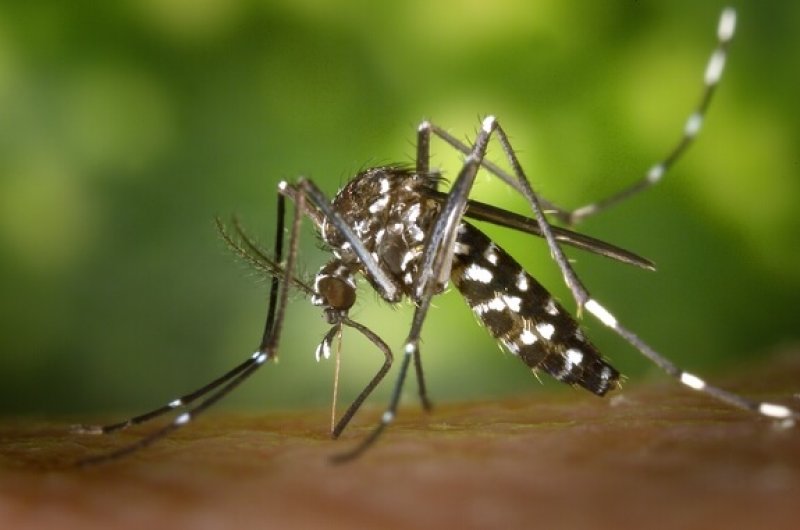But due to concerns that the proposal to release millions of genetically modified mosquitoes into the environment could permanently alter the Earth’s ecosystem, a “vocal minority” is doing everything in its power to stop it.
…
[Spokeswoman] Beth Ranson [stated]…that it’s because of this “vocal minority” that the Mosquito Control District decided it would hold a nonbinding referendum on Nov. 8 to see where residents stand.…
What concerns [Dr. Mark Whiteside]…is [not the activists but] how the Key Haven community is “in an obsession” over the Oxitec trial.
“This isn’t going to help you now,” Whiteside warned. “If you think [protecting yourself] is someone else’s job, that’s not a good thing.”
…
“If the anti-GMO groups continue to fight against the Oxitec plan and others like it, they’re going to expose more people to Zika virus,” [Joe Conlon of the Mosquito Control Association] said…
The GLP aggregated and excerpted this blog/article to reflect the diversity of news, opinion and analysis. Read full, original post: Anti-GMO Activists Fight Plan That Could Dramatically Reduce Zika Cases































